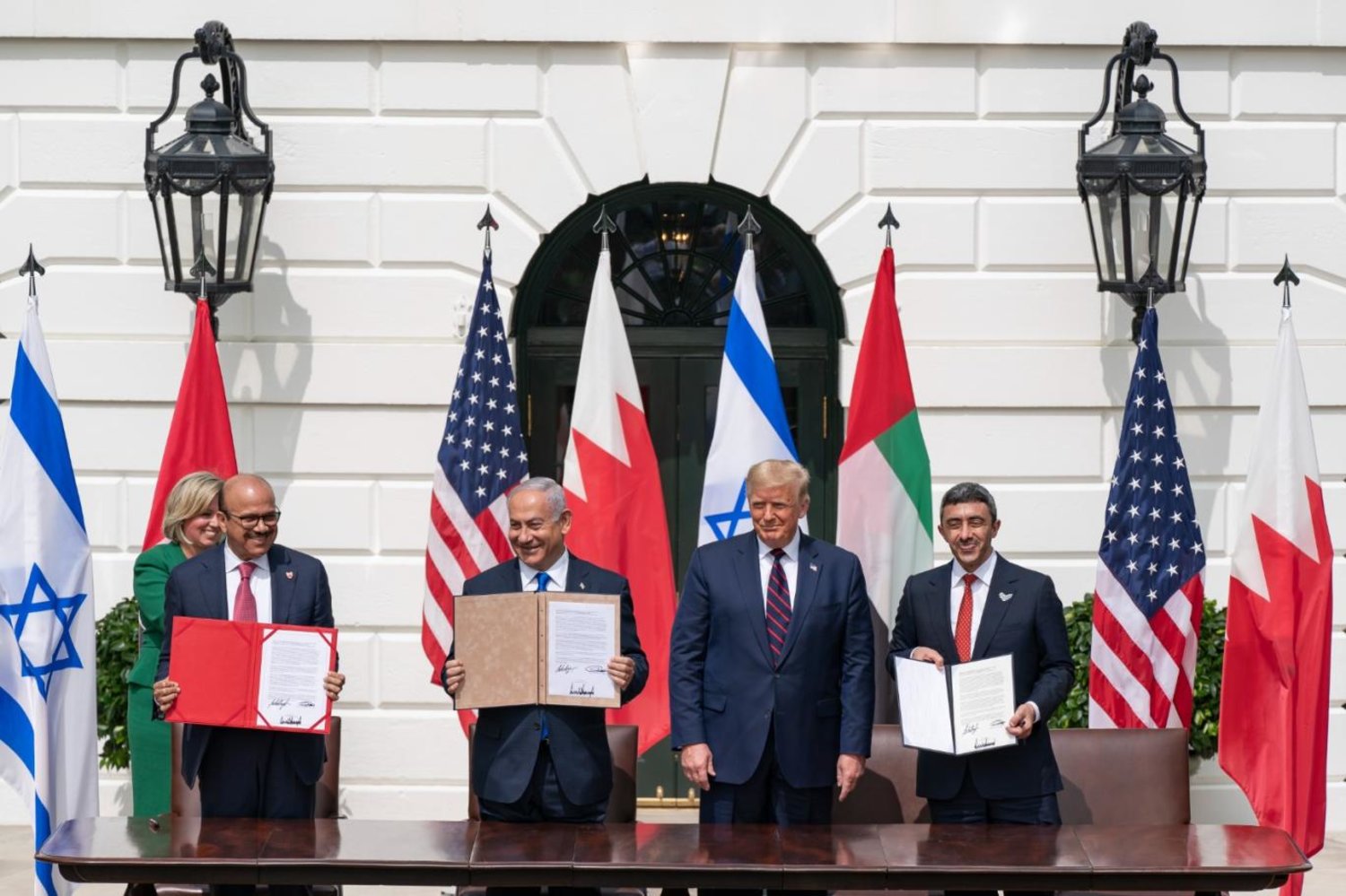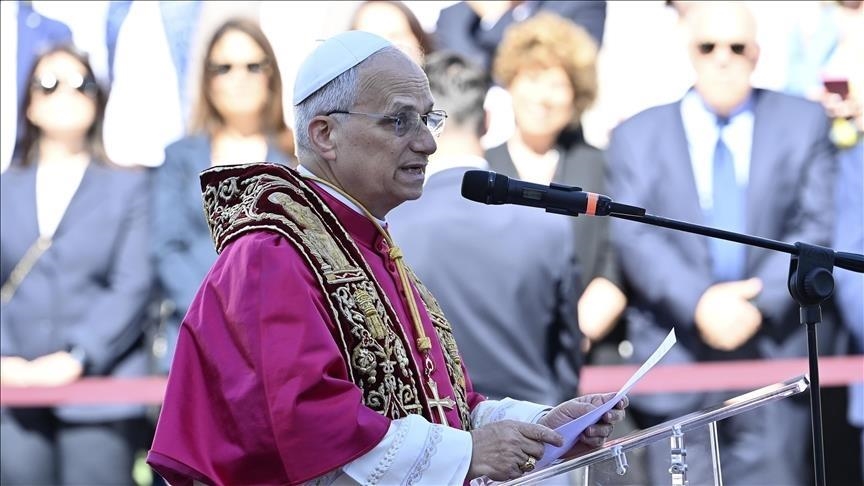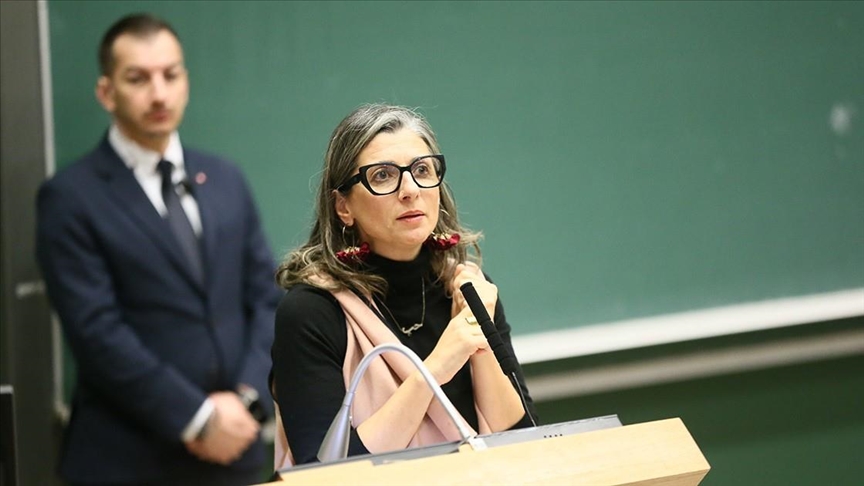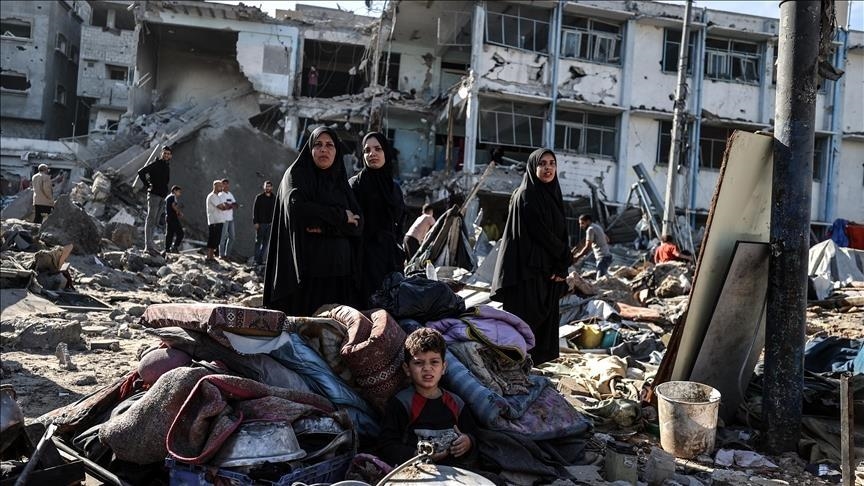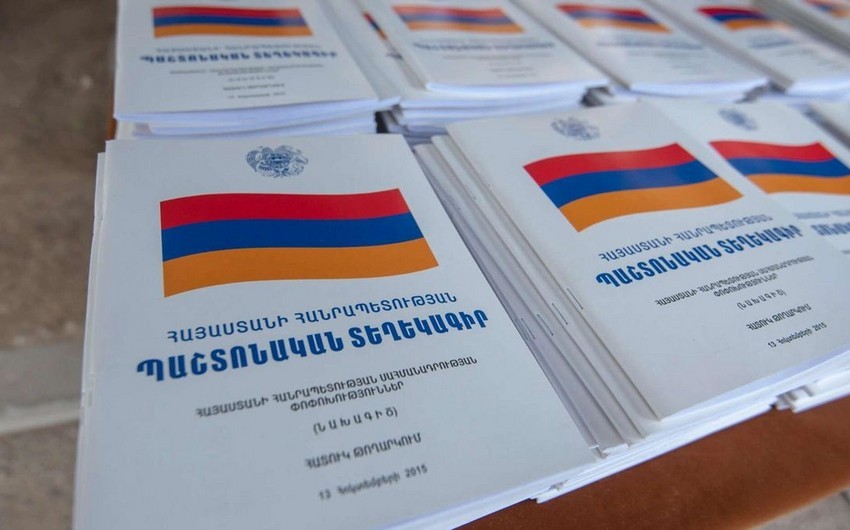In a recent address before a joint session of Congress, Israeli Prime Minister Benjamin Netanyahu proposed the creation of a NATO-like military alliance in the Middle East to counter the threat of Iran. According to Netanyahu, any regional country that normalizes relations with Israel can join this alliance. This proposed coalition, termed the "Abraham Alliance" by Netanyahu, raises concerns about the potential dangers it could pose to the region.
Azerbaijani and foreign political analysts have expressed their views on Netanyahu's speech for Ednews:
Sadreddin Soltan, Chairman of the Middle East Research Center believes that such speeches, meetings, and statements make interests more contradictory:
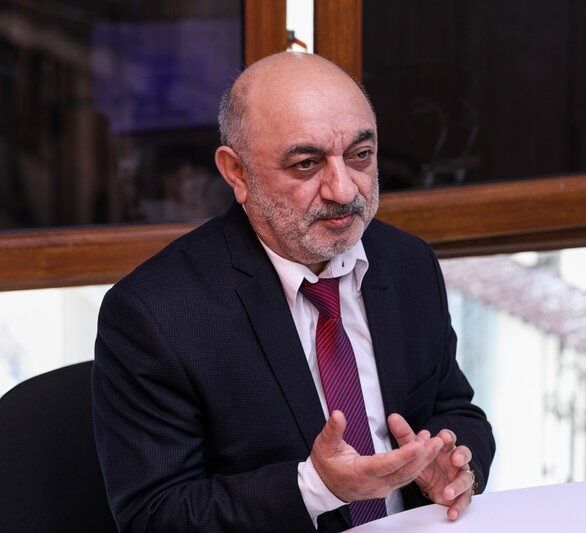
"The prime minister's proposal to establish an initiative, Middle Eastern NATO is not new. In 2020, the United Arab Emirates, Bahrain, Morocco, and Morocco signed the 'Abraham Alliance' on the normalization of relations with Israel through the mediation of the former President of the United States, Donald Trump. Sudan also joined this agreement. This is one of the important steps taken between the Arab countries and the security agreement. In this context, on May 21, 2017, the Arab-Islamic-America city of Saudi Arabia. The summit was held. The high-ranking officials of 18 countries, including Azerbaijan, were not invited to the summit. At that summit, D. Trump called on all countries to keep Iran in a state of isolation. He stressed the importance of fighting extremism in this area, said that he walks between good and evil, and the importance of joining efforts to overcome evil.
It was assumed that the 'Middle-Eastern NATO' would be formed as a result of Trump's visit to the Middle East. In December 2015, it was announced that the alliance of Muslim states to fight against terrorism was formed. It should be noted that the international coalition against the ISIS terrorist group was formed by 65 states. The states in the coalition at the same time, they were members of that coalition. Therefore, neither the 'Abraham Alliance' nor the 'coalition against terrorism' resulted in the establishment of a military blockade in the Middle East. The relations between the countries of the region have changed now. The relations between the Islamic Republic and Saudi Arabia have changed in March Issues such as China's more active involvement in regional issues do not allow for a military blockade, so Benjamin Netanyahu's visit does not bring peace to the region."
Irish political analyst and historian Patrick Walsh on the other hand thinks that this idea was killed because of Netanyahu's actions in Gaza:
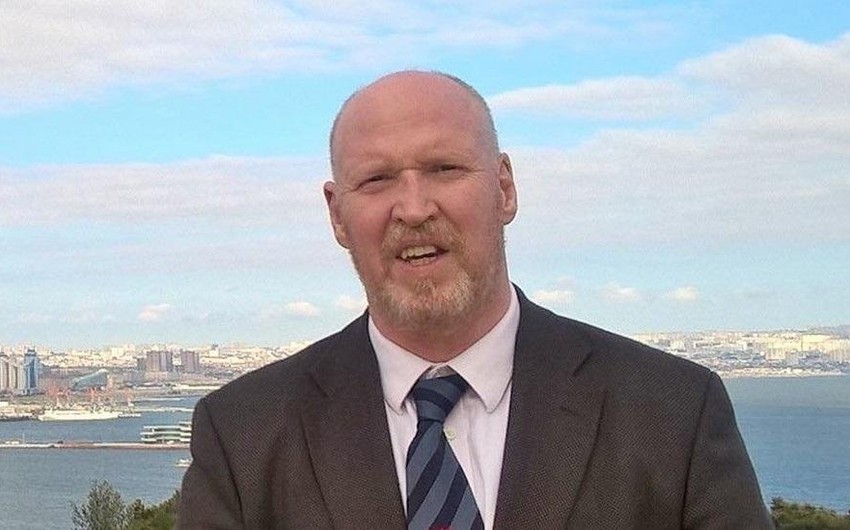
"Netanyahu in proposing a new anti-Iran axis is essentially trying to resurrect the Abraham Accords negotiated during the Presidency of Donald Trump. However, he is probably largely playing to the right-wing gallery in the US since he must know that the Abraham Accords are dead and it is he, more than anyone else, who killed them. Before the events of last year the US was aiming for a withdrawal from the Middle East and was encouraging a security arrangement that would replace American power and expense. That involved an agreement between Arab states and Israel on a common anti-Iran platform. That was a painstaking exercise but it showed some success before the events of last October blew it apart. However, it was not the Hamas attack that destroyed Abraham it was the Israeli response to it. It is certainly arguable that Israel could have reacted differently to the Hamas attack on October 7. It had the intelligence services, technology, and military capacity to conduct surgical anti-terrorist operations against the Hamas leadership and known members. It would have, in doing so, inflicted civilian casualties on the general Palestinian population and would have been condemned for doing so. However, it would undoubtedly have been given a pass in the West in this, and indeed in much of the rest of the World, for such a restrained response.
Israel would have been credited for such a thing – considering it was widely feared that it would react with extravagant vengeance against humiliation. If it had taken such a different approach the issue would certainly have been framed as a valid and understandable response to terrorism and Israel would have been backed, or at least supported or acquiesced to, by nearly everyone outside of Iran, Syria, and parts of Lebanon. Israel would also have gained the moral high ground that would keep it armed, supplied with intelligence by the West, and supported unreservedly and relentlessly for decades to come. Its narrative would have been validated across most of the World. Arab states would probably have queued up to make peace with Israel and engaged in cooperation with it to repress the Palestinian activists. However, Israel decided upon another course – the course that Hamas expected it to – which involved a brutal punitive operation against the general Palestinian population under the cover of a war of destruction against Hamas. It refused the opportunity to safeguard its own future by constructing a powerful international coalition in its defense, preferring to vigorously punish the Palestinians. In doing this it revealed its priorities. The course that Netanyahu has taken has isolated Israel diplomatically. Of course, it still receives the fulsome moral and military support of Washington but in large part, Israel has frustrated US policy and damaged Washington's moral authority. An anti-Iran coalition would only be possible if Israel could provoke Hezbollah and Iran into fighting a general war, and Israel knows it. However, practically everyone else, including the US, is keen to avoid such an eventual considering the catastrophe it would bring for the region and the world."
Akbar Novruz

